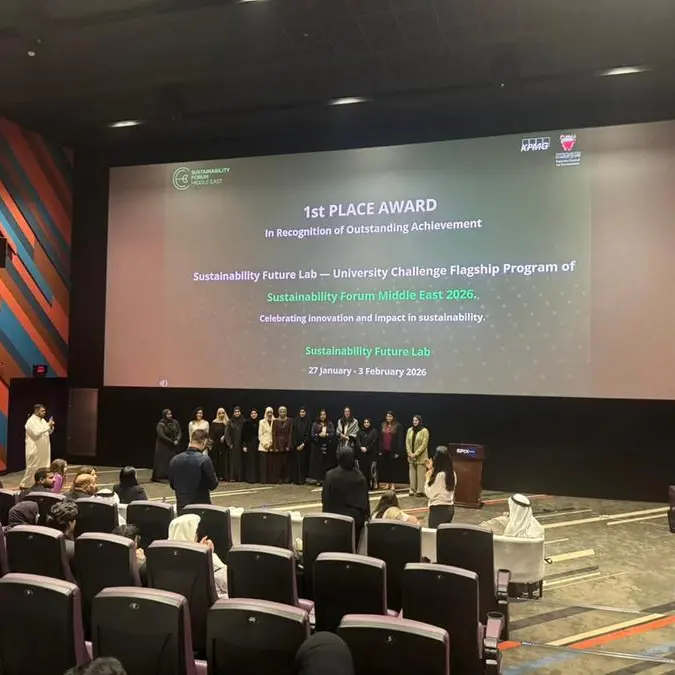PHOTO
Kuwait City, Kuwait – EY Kuwait successfully conducted its Annual Corporate Tax Seminar 2024 in Kuwait City, designed to assist businesses in maneuvering through the dynamic tax environment prevalent in Kuwait and the broader MENA region. The event served as a platform to outline significant developments within Kuwait's tax landscape over the past year while also addressing anticipated changes in tax laws and regulations.
Attended by a huge number of C-suite executives, finance professionals from multinational corporations, Kuwait-based companies, and regulatory bodies, the seminar provided valuable insights delivered by EY's seasoned tax experts. Participants gained a comprehensive understanding and awareness of pivotal changes that could potentially impact their operations.
The agenda encompassed various facets of taxation prevailing in Kuwait and the MENA region, with key topics including Base Erosion and Profit Shifting (BEPS) Pillar 2, corporate tax practice updates, zakat, and national labor support tax (NLST) laws. Additionally, discussions delved into the imminent introduction of the business profit tax which may apply to Kuwaiti companies, and the global minimum tax for Kuwaiti multinationals.
Moreover, the seminar shed light on regulatory updates and recent tax trends across the MENA region, particularly focusing on the GCC. These discussions encompassed the implementation of value-added tax (VAT) in GCC countries, corporate income tax (CIT) regulations in the United Arab Emirates (UAE), and e-invoicing protocols in the Kingdom of Saudi Arabia (KSA) etc. Furthermore, the seminar explored the role of technology in tax transformation and addressed the burgeoning topic of Environmental, Social, and Governance (ESG).
Ahmed Al-Esry, EY MENA Tax Leader, remarked, "The proposed introduction of the business profit tax in Kuwait marks a significant milestone. A well-structured and equitable tax system can foster economic stability, rendering the country more attractive to global investors. This, in turn, can stimulate economic growth and facilitate diversification away from oil dependence, funding sustainable ventures. Tax implementation also fosters transparency and accountability, fostering a responsible business ethos."
Ahmed Eldessouky, EY Kuwait, Qatar, and Oman Tax Leader, added, "Kuwait's proactive government initiatives aim to enhance the ease of doing business and enhance transparency within the tax framework. Recent legislative changes, including amendments to the Agency Law, signify Kuwait's commitment to facilitating foreign investment. Furthermore, agreements to prevent double taxation with the UAE and Qatar, alongside Kuwait's participation in the OECD/G20 Inclusive Framework on BEPS, underscore its commitment to global tax compliance standards."
The seminar was a huge success and provided the audience with greater insights on the new developments in the tax field in Kuwait and across the region and how to prepare for the change.
About EY | Building a better working world
EY exists to build a better working world, helping to create long-term value for clients, people and society and build trust in the capital markets.
Enabled by data and technology, diverse EY teams in over 150 countries provide trust through assurance and help clients grow, transform and operate.
Working across assurance, consulting, law, strategy, tax and transactions, EY teams ask better questions to find new answers for the complex issues facing our world today.
EY refers to the global organization, and may refer to one or more, of the member firms of Ernst & Young Global Limited, each of which is a separate legal entity. Ernst & Young Global Limited, a UK company limited by guarantee, does not provide services to clients. Information about how EY collects and uses personal data and a description of the rights individuals have under data protection legislation are available via




















